A short obituary of historian Jorma Kalela
Sadly, Emeritus Professor Jorma Kalela , who was born in Finland in 1940, died late last year in Helsinki when he was 81 years old. Although I knew and personally talked much to him about history over several decades I do think his past experience should be more remembered , particularly amongst many types of historians. He had studied political history in Helsinki and had worked as a researcher for the Finnish Academy 1971-1977 and 1990-1992 . He subsequently became a Professor of Contemporary History for many years at the University of Turku. Apart from links with Swedish and German colleagues he also spent many times in Britain. He was also a senior member of St. Anthony’s College, Oxford and a visiting professor at the Institute of Historical Research at the University of London.
Meetings took place in London and elsewhere. He would often stay in a friend’s house protecting her cat while she was away. We often emailed each other. As he wrote back to me about The great cat and dog massacre book, saying “Don’t remember any more how many years ago it was that I heard of your project for the first time!” He was often here to talk about public histories, and his discussion with Toby Butler on oral history. His English book, Making History. The historian and Uses of the Past came out in 2012 through Palgrave – and is still very worth reading. As he notes , from 1979 to 1986 he spent time in the Finnish paper and pulp industry, Paperilitto. This included more than 200 members of the union undertaking research including their own family histories. As he explained, through this engagement he also altered his personal understandings of the past particularly in politics. Kalela became clearly aware of the political position of his own grandfather Aimo Kaarlo Cajander, a former prime minister of Finland who died in January 1943.As he importantly argued in his Making History book “ History is an everyday matter, everyone really has a personal connection to the past, independent of historical enquiry.” His position has certainly influenced me when writing about various individuals’ views on local and family history in perspectives which have been rather different to those of academic historians.
Paul Martin and I were pleased that Jorma agreed to let us publish an extract of his past history in our Public History Reader (Routledge 2013). As Paul Martin explained, in our consideration of the ways in which the past had taken on a heightened popular sense of importance in the present ,clearly questions were being raised about “Who is Making History” – as Jorma was importantly exploring.He often attend conferences and seminars over here and I was pleased that he agreed to give a presentation at the ninth – and last – public history conference in 2009 at the now destroyed Ruskin College, in Walton Street ,Oxford. Entitled Legacies and Futures: The History Workshop and Radical Education it included Anna Davin of History Workshop Journal, Marj Mayo and Ken Jones. As Jorma explained, he was thinking about new visions and practical examples.
Jorma’s clear interest in historical approaches did survive in recent years. Responding to an email about my own accident he explained the changes he received through a stroke.He wrote “To survive mentally in the hospital I had to execute two promises from the pre-stroke-time. It meant one article on the ethics of historical research and another on the opposition of historians towards secondary reflection on their own practice…”
I hope those of us who knew him and his engaging historical work will also continue to positively remember him
.



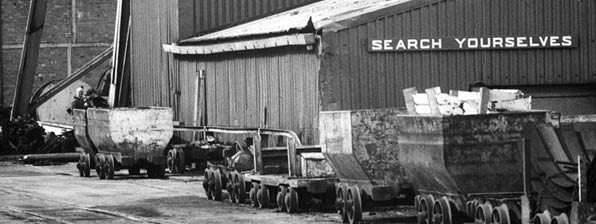

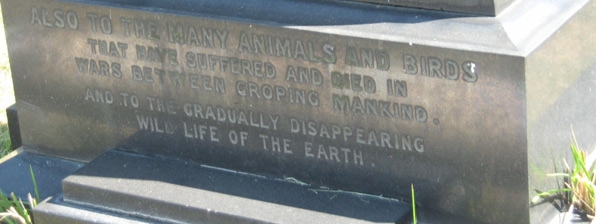

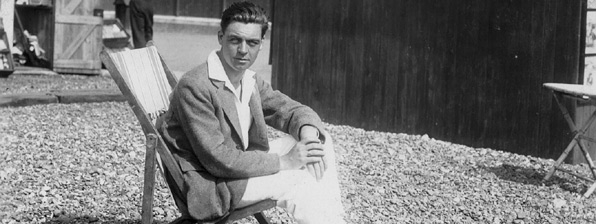



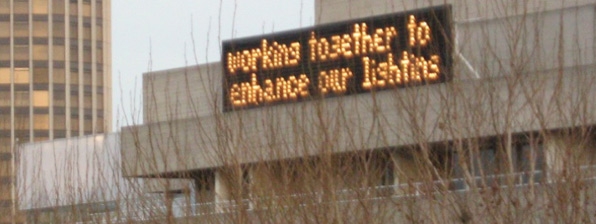
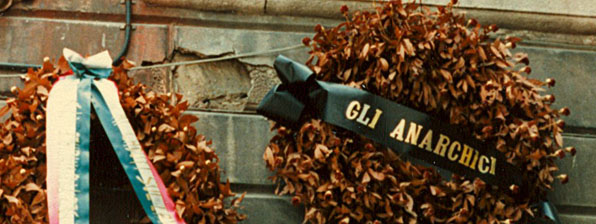

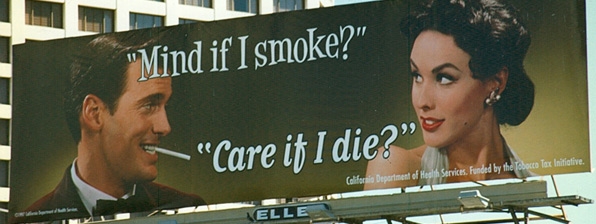
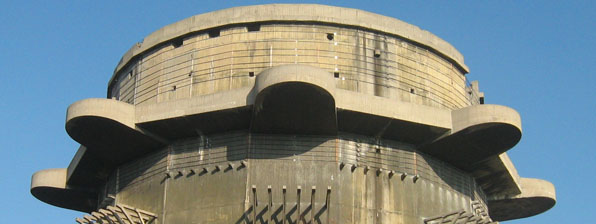

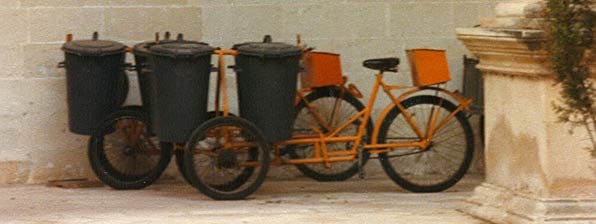


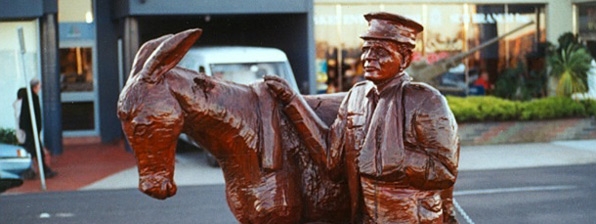

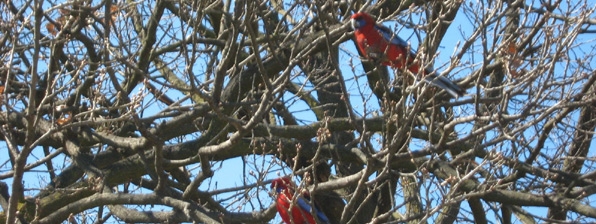

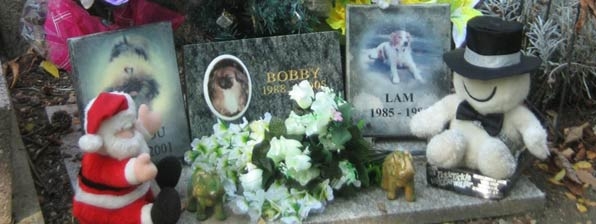

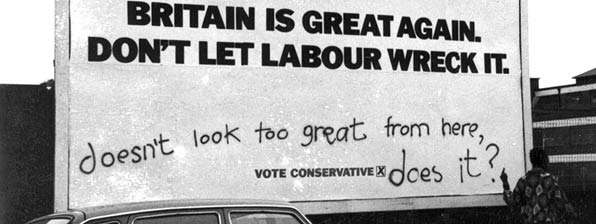
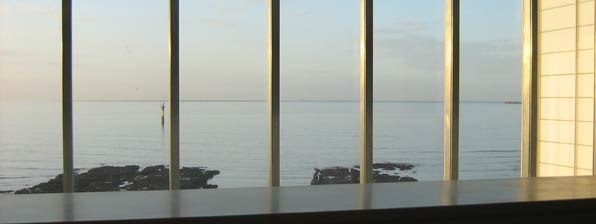
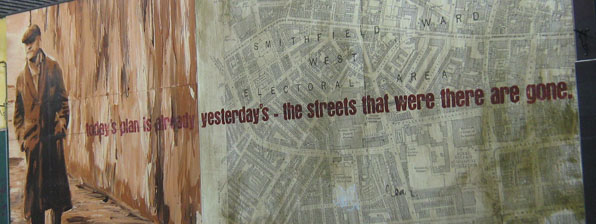


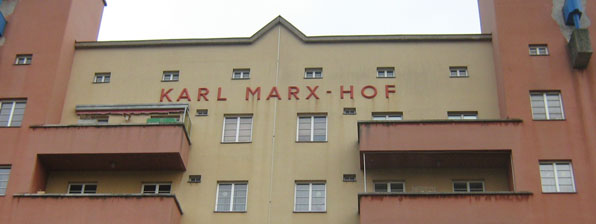







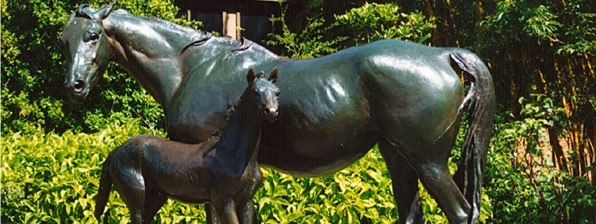

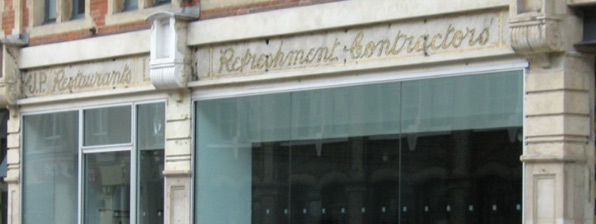
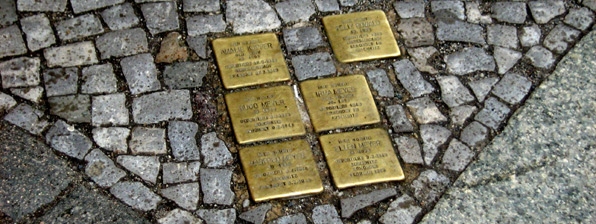

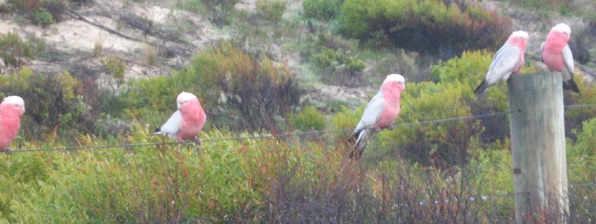



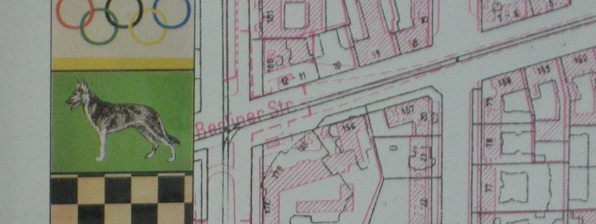

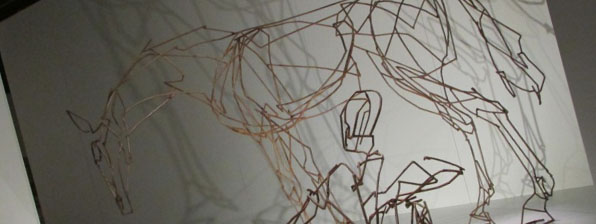



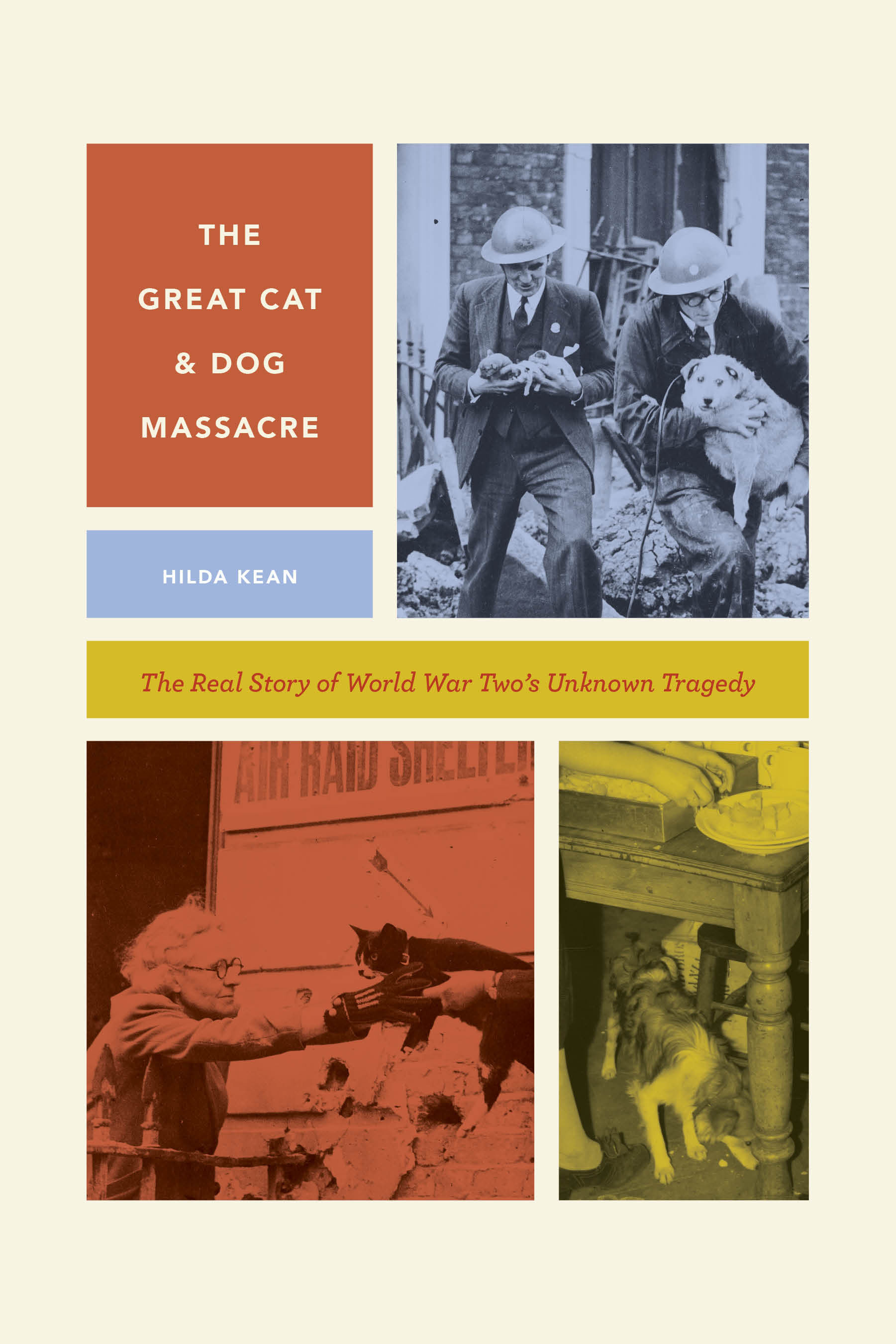
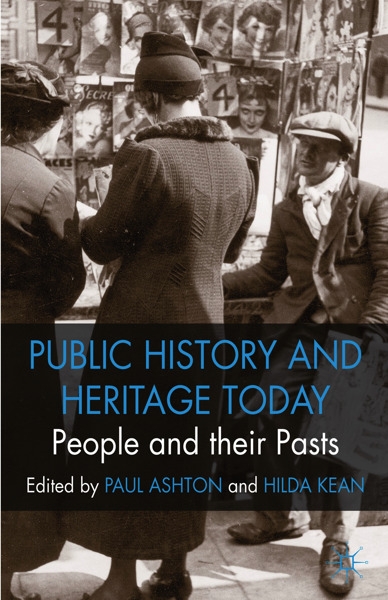

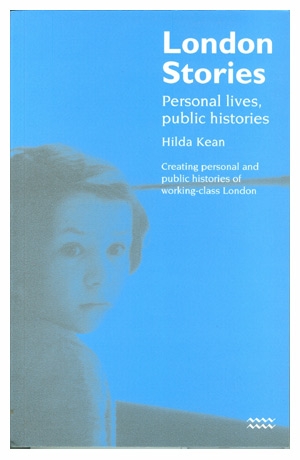

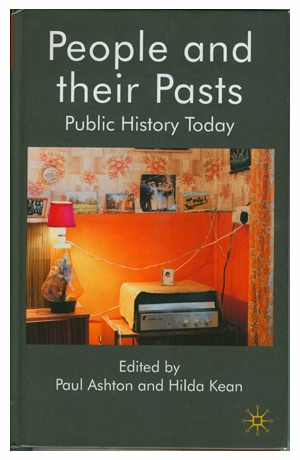
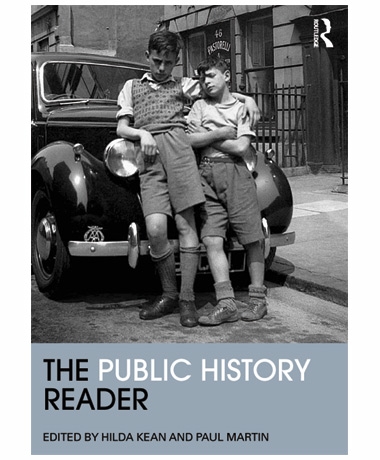




Leave a Reply